H-1B Visa Processing begins!
On Monday, the USCIS (United States Citizenship and Immigration Services).The USCIS (United States Citizenship and Immigration Services) will open its doors to the H-1B visa applications for the season 2018-19. Successful applicants will be able to work in the USA from October 1, 2018, during the tenure of the visa - which maybe for an initial maximum period of 3 years.

Do you have similar website/ Product?
Show in this page just for only
$2 (for a month)

0/60
0/180
H-1B Visa Processing begins!
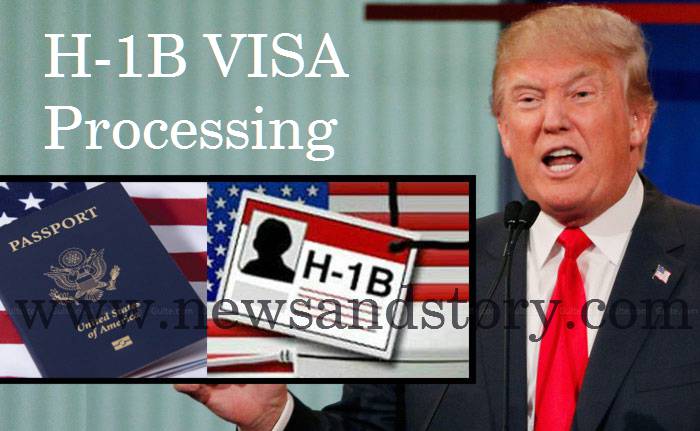
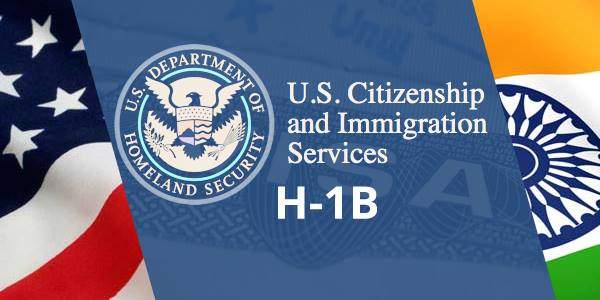
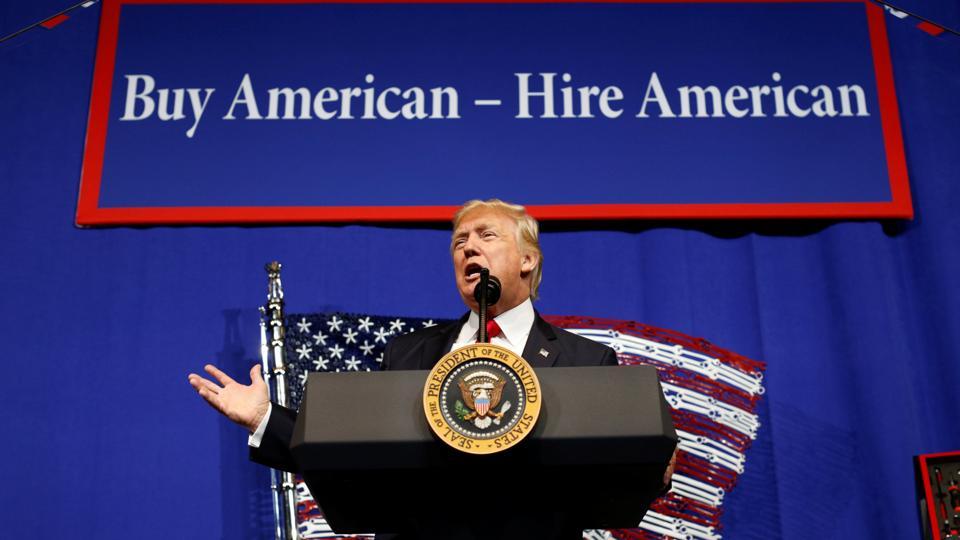
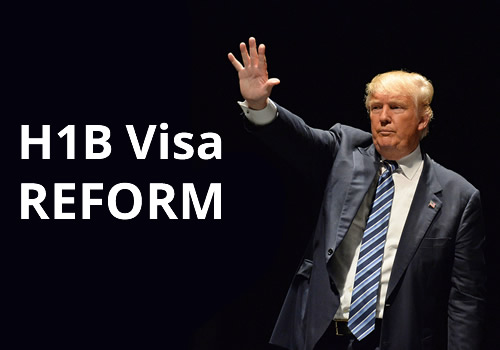
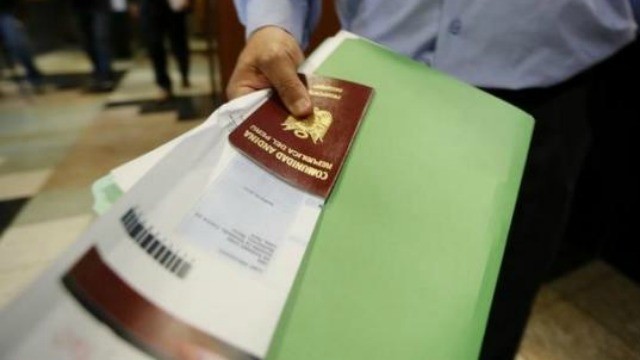
2nd April, 2018: WASTHINGTON, USA
On Monday, the USCIS (United States Citizenship and Immigration Services).The USCIS (United States Citizenship and Immigration Services) will open its doors to the H-1B visa applications for the season 2018-19. Successful applicants will be able to work in the USA from October 1, 2018, during the tenure of the visa - which maybe for an initial maximum period of 3 years.

What is H-1B Visa?
The H-1B is a visa in the United States under the Immigration and Nationality Act, section 101, which allows U.S. employers to employ foreign workers in specialty occupations. If a foreign worker in H-1B status quits or is dismissed from the sponsoring employer, the worker must either apply for a change of status, find another employer (subject to application for adjustment of status and/or change of visa), or leave the United States.

The H1-B visa has an annual limit of 65,000 each financial year as mandated by the US Congress, their parliament.
Effective January 17, 2017, the United States Citizenship and Immigration Services (USCIS) modified the rules to allow a grace period of up to 60 days but in practice as long as a green card application is pending they are allowed to stay.
The regulations define a "specialty occupation" as requiring theoretical and practical application of a body of highly specialized knowledge in a field of human endeavor.
On April 18, 2017 President Trump signed a "Buy American, Hire American" Executive Order which sets broad policy intentions directing federal agencies to propose reforms to the H-1B visa system that currently allows extended stay for temporary skilled workers which allows transition into citizenship without any purview of federal discernment and regulations or quotas that balances growing job needs of American population.

Dream of working in America getting tough
The visa, as reported, attracts many specialized workers from India and China to the US for employment. Experts say that the US department of homeland security handles 30,000-odd applications for employment authorization each year.
The USCIS stated that in cases where multiple applications are filed by "related entities" (a parent company, a subsidiary, or even an affiliate) for the same visa seeker, there needs to be a legitimate business need. USCIS warned that duplicate applications would be rejected.

The USCIS also stated that, "Yet, too many American workers who are as qualified, willing, and deserving to work in these fields have been ignored or unfairly disadvantaged. Employers who abuse the H-1B visa program may negatively affect US workers, decreasing wages and opportunities as they import more foreign workers,"
The federal agency responsible for processing all H-1B visas will have absolute zero tolerance for even minor errors in the application. Talks on various social media platforms and among various groups indicate that immigration lawyers this time expect a much higher rate of rejection.

USCIS has also said that it will reject H-1B petitions requesting an earlier employment start date or a start date of "As Soon As Possible" or "ASAP."Expecting a huge rush of application beginning today and greater scrutiny of all petitions, which would require much more man hours, USCIS has also temporarily suspended premium processing.
"Complete all sections of the form accurately the petitioner should include a copy of the beneficiary's valid passport," USCIS said.
Also, the applications by Indian companies are likely to face a greater scrutiny of all H-1B petitions. Indian companies have to pay much more fee per application than those from other countries. On an average they are required to pay USD 6,000 to the federal government per H-1B application.
CONTINUE READING
Intentaional
News
Poltitics
Sandeep Semwal
Content Writer
